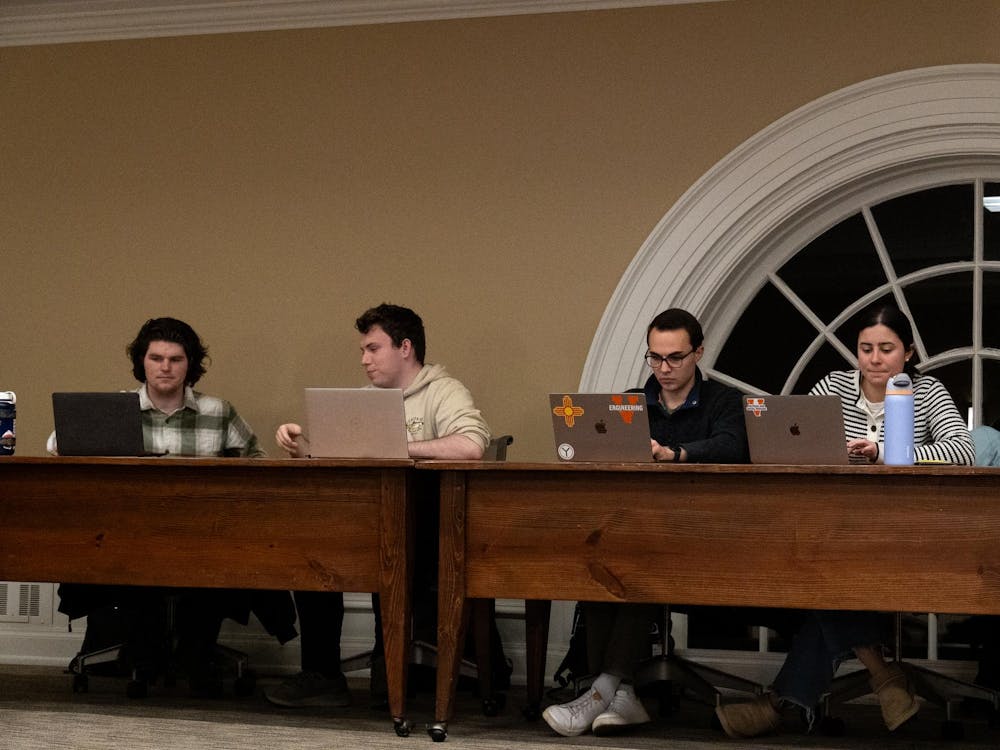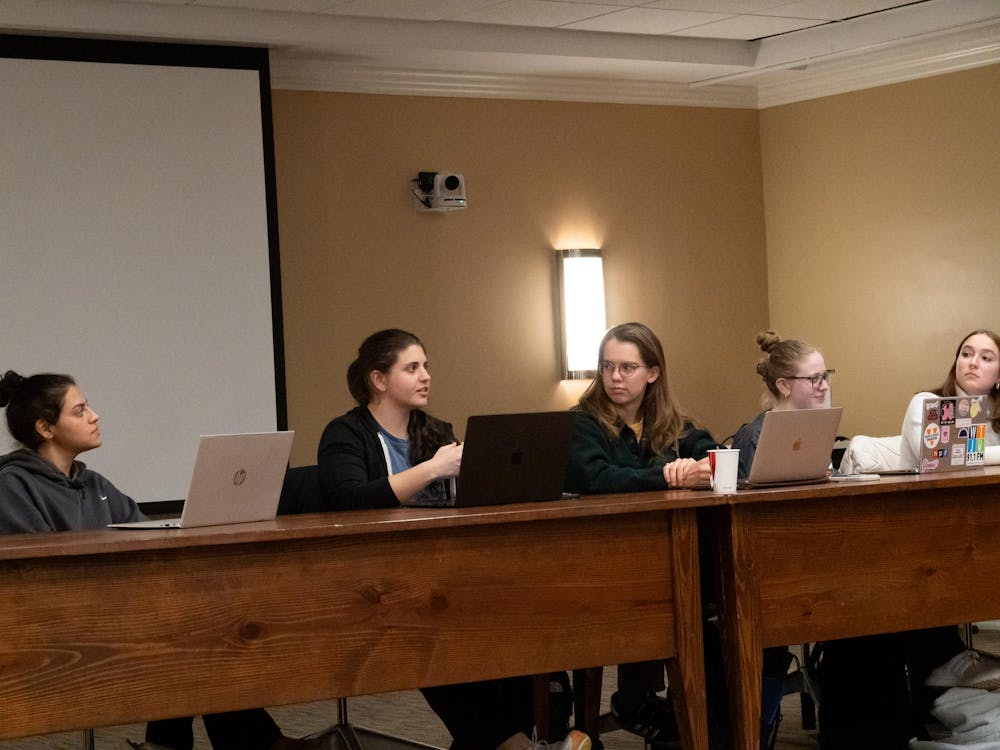A state-level bill that could lead to additional funding for the University of Virginia Cancer Center is currently being considered by the Virginia Senate’s Committee on Rules.
The bill, Senate joint resolution 292, would establish a joint subcommittee to study the benefits of appropriating additional funds for cancer research at the University Cancer Center and the Massey Cancer Center at Virginia Commonwealth University.
“We hope that after studying it ... they realize that cancer and medical research is not supported at a level that makes us competitive with institutions across the country,” University Cancer Center Director Michael Weber said, noting that North Carolina provides $50 million each year to the University of North Carolina Lineberger Comprehensive Cancer Center. Other states — unlike the commonwealth — fund cancer research by setting aside a portion of their tobacco settlement funds, Weber noted.
The University Cancer Center, in contrast, receives $1 million from the commonwealth annually and $75 million of federal funding.
If passed, the bill would not provide additional funding to the centers immediately, but would instead make appropriations available as the currently shrinking Virginia budget allows, said the bill’s sponsor, Virginia Sen. Stephen Martin, R-Chesterfield. Martin said the Virginia Senate likely will decide on the bill in the next few weeks.
“There [isn’t] money available right now,” Martin said. “I’m not asking for money now. But we should take a look at it.”
Commonwealth funds currently are used to develop infrastructure and to start research initiatives that could attract larger sums of investment in research from the National Institutes of Health and the private sector to Virginia, Weber said.
“In Virginia, we have two great research institutions but we aren’t funding any of the research,” Martin said.
The University Cancer Center would use additional commonwealth funds for developing clinical trials and making treatments available in Virginian communities, Weber said, noting that many patients currently have to travel five to six hours to the Center to pick up medications.
“We need to get the drugs to them,” Weber said, citing the case of former Virginia Sen. Emily Couric (D), who died from pancreatic cancer and had to go to Texas for a clinical trial because it was not available in Virginia. The University’s clinical cancer center, expected to be completed in 2011, will be named after Couric.




